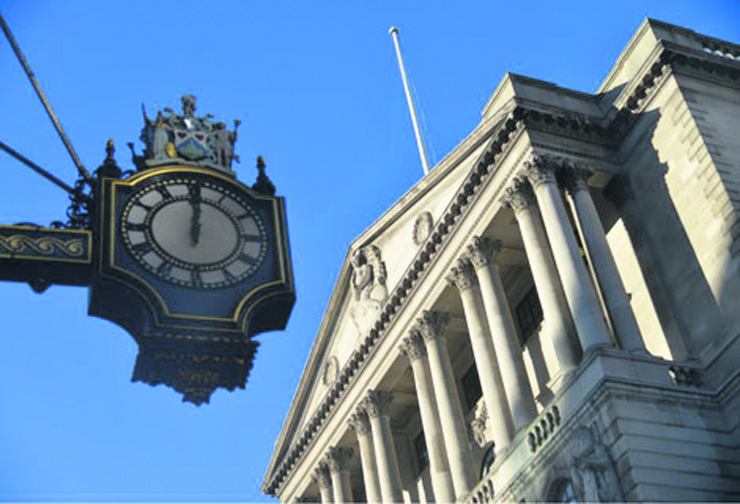Should the Bank of England consider an emergency interest rate cut in response Covid-19?

Should the Bank of England consider an emergency interest rate cut in response Covid-19?
Vicky Pryce, former joint head of the Government Economic Service and author of It’s the Economy, Stupid, says YES.
This is an emergency situation and emergency measures are needed.
The Budget needs to focus on providing short-term help, but a joint monetary and fiscal stimulus would make the biggest impact.
Consumer and business confidence were improving, but both are taking a knock as a result of the coronavirus scare. Monetary policy still has a lot it can offer, as it did after the referendum vote. A 50-basis-point cut down to 0.25 per cent is perfectly consistent with meeting the current inflation target of two per cent.
And more should be announced immediately, including a resumption of quantitative easing, a new funding for lending scheme to provide subsidised loans to through the banking system which will be under stress, and relaxing capital requirements for banks which should allow hundreds of billions of pounds to be lent to the economy.
The UK now needs lots of extra liquidity to get us through the next few months, and there is little point in waiting for the crisis to deepen.
Dean Turner, economist at UBS Global Wealth Management, says NO.
It seems likely that the Bank of England will eventually follow the herd of central banks around the world slashing interest rates in response to the virus outbreak. However, amid calls to do so ahead of or to coincide with today’s Budget, it is debatable whether this is really the medicine the UK economy needs right now.
Interest rates are already very low globally. Cutting borrowing by half a percentage point now is not going to encourage companies to invest, nor will it encourage consumers to buy.
With a rate decision already in the diary for 26 March, rate setters would be better off pausing to see what two other cast members do next: the chancellor tomorrow, then the European Central Bank on Thursday. Financial stability and measures to ensure the flow of credit via fiscal policy are arguably more important at this point.
If the Bank does cut rates, be it now or later, it should support the rebound in economic activity when it comes. The greater the policy response, the stronger the bounce back is likely to be.
Main image credit: Getty